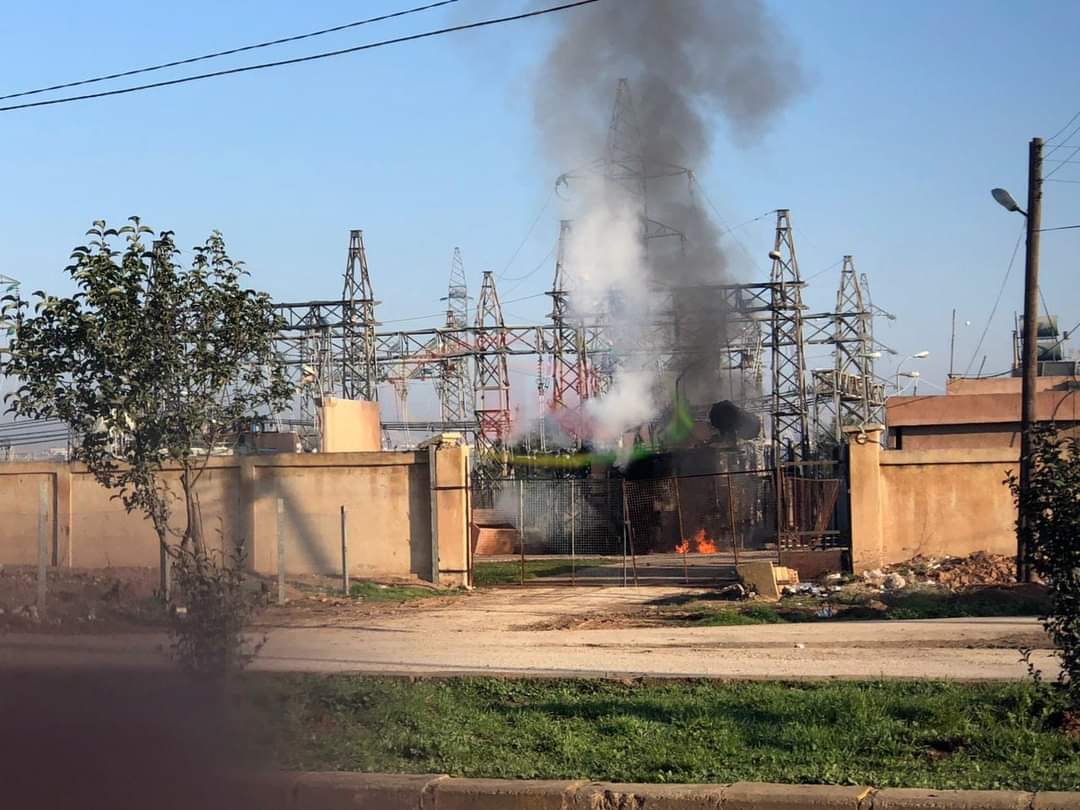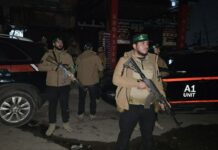
The recent escalation of Turkish attacks in northern Syria has raised tensions in the region, following the killing of nine Turkish soldiers in Iraq. Similarly late last year Turkey carried out a series of raids after twelve of its soldiers were killed in northern Iraq leading to several days of revelatory strikes in Iraq and Syria.
The Turkish Presidency has made it clear that Ankara will not tolerate the presence of what it terms “terrorism” on its southern border, vowing to combat the PKK/YPG/KJK terrorist organization and its supporters in Iraq and Syria. The PKK is designated as a terrorist organization by Turkey, the US, and the EU, and has been engaged in a decades-long conflict with the Turkish government.
Turkey’s Ministry of Defense reported that “20 PKK terrorists were neutralized and 29 targets were destroyed” in northern Iraq and Syria. Turkish drones and warplanes targeted various military points and sites of the Syrian Democratic Forces (SDF), a confederation of militias in northern Syria whose leadership maintains operational ties to the PKK. Ankara maintains these operations are part of its strategy to prevent threats against Turkey and eliminate them at their source.
The Turkish airstrikes have targeted locations in Syria such as the Odeh oil field, military points near cities like Ain Al-Arab and Al-Hasakah, and the former headquarters of the French company Lafarge, which was turned into a military installation by the SDF militias. These attacks have led to casualties among the ranks of the Assad regime and the SDF militias who share some military points, as well as damage to infrastructure and oil facilities.
Among the targeted sites have been tunnels near a hospital, a storage facility for grain, three power stations in Al-Hasakah, Qamishli, and Kobani, and a fuel station run by the SDF, raising concerns by some of a dangerous blurring of the line between military targets and civilian infrastructure.
London-based Syrian Observatory for Human Rights (SOHR) said “Drinking water was cut off from all the cities, villages, and towns of northern Hasakah as a result of targeting electrical stations that supply water wells,” adding that a “complete power outage” has hit the region.
In response to the Turkish airstrikes, a missile fired by the SDF fell on the town of Suruc in the Turkish state of Sanliurfa, prompting Turkish artillery bombardment in the area. The Turkish Defense Ministry stated that the airstrikes were carried out to eliminate terrorist attacks against Turkish people and security forces and to ensure border security.
The Turkish intelligence service MIT also reportedly destroyed 23 PKK organization sites in Syria, including “military infrastructure” and checkpoints. These operations were said to be in response to attacks against Turkish forces and were aimed at preventing the formation of what Turkey refers to as a “terrorist mini-state” on its southern border.
The situation has raised concerns about further regional destabilization and the potential for a wider conflict. The lack of immediate comment from the PKK, the government in Baghdad, or the Kurdish region’s administration adds to the uncertainty surrounding the situation.








